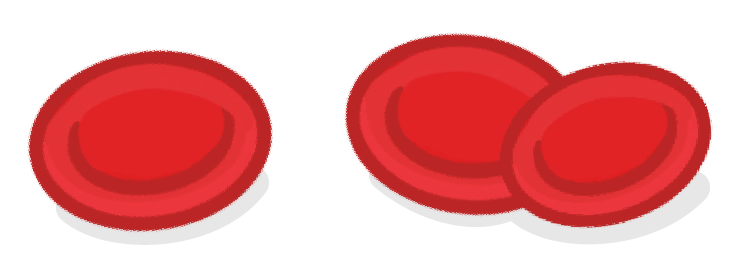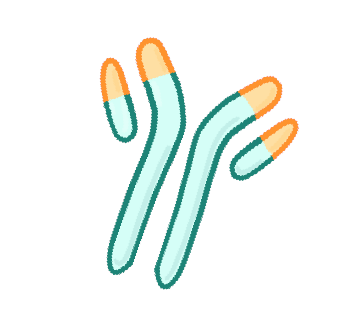Circulatory System 3 - Blood
This lesson covers:
- The roles of red blood cells, white blood cells, platelets, and blood plasma

What is the role of red blood cells?
To carry substances and cells around the body
To carry oxygen from the lungs to the tissues
To clot the blood when a blood vessel breaks
To defend against pathogens
|
Red blood cells are packed full of a large proteins called , which bind to oxygen.
|
How are red blood cells adapted for their function?
(Select all that apply)
They have spherical shape to fit in more haemoglobin
They have a biconcave shape to increase their surface area
They have no nucleus to fit in more haemoglobin
They have a nucleus so they can divide by mitosis
|
What is the role of white blood cells?
To carry substances and cells around the body
To defend against pathogens
To carry oxygen from the lungs to the tissues
To clot the blood when a blood vessel breaks
|
is the process by which a white blood cell binds to, and then engulfs a pathogen, in order to destroy it.
|

How do antibodies help defend against pathogens?
They activate our immune system
They bind to pathogens and help immune cells destroy them
They stop pathogens from entering the body
|
Do white blood cells have a nucleus?
Yes
No
|
What is the role of platelets?
To defend against pathogens
To carry substances and cells around the body
To clot the blood when a blood vessel breaks
To carry oxygen from the lungs to the tissues
|
Give two reasons why it is so important that our blood clots when we are cut.
|
Do platelets have a nucleus?
Yes
No
|
What is the role of blood plasma?
To carry substances and cells around the body
To defend against pathogens
To clot the blood when a blood vessel breaks
To carry oxygen from the lungs to the tissues
|
The blood plasma is a yellowish liquid that makes up 55% of the bloods volume. Its role is to carry large structures like red blood cells, white blood cells, and platelets, as well as smaller dissolved substances.
Name as many of these smaller dissolved substances as you can.
|